
John Coltrane Alabama, by Pat Thomas East Portland Blog
Alabama was written and composed by legendary jazz saxophonist John Coltrane in response to the 1963 16th Street Baptist Church bombing, in which members of the KKK attacked a Birmingham.

John Coltrane Alabama (needle drop) YouTube
Provided to YouTube by The Orchard EnterprisesAlabama · John ColtraneEssential Jazz Masters℗ 2009 Cleopatra RecordsReleased on: 2009-07-01Auto-generated by Y.

John Coltrane "Alabama" SOUNDS LIKE US
The John Coltrane Quartet's "Alabama" is a strange song, incongruous with the rest of the album on which it appears.
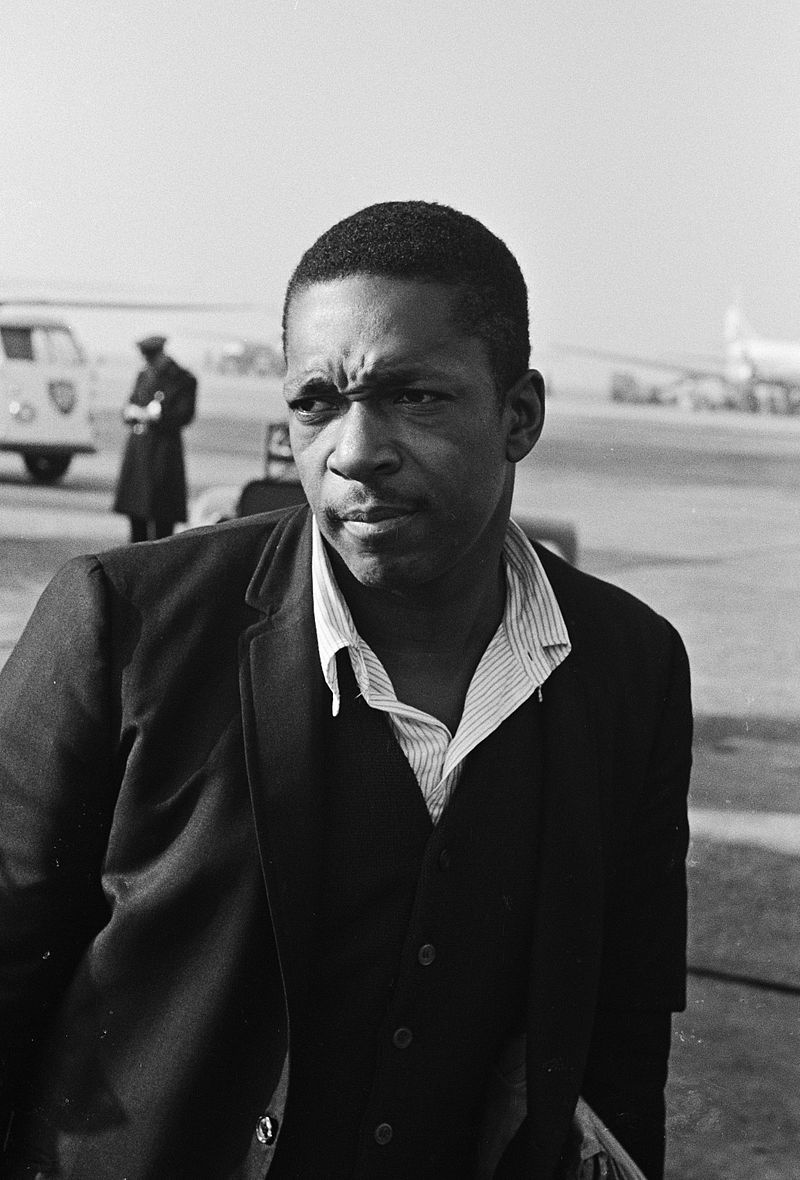
Alabama Yesterdays John Coltrane's "Alabama"
Coltrane live at Birdland - 1963John Coltrane - tenor saxMcCoy Tyner - pianoJimmy Garrison - bassElvin Jones - drums
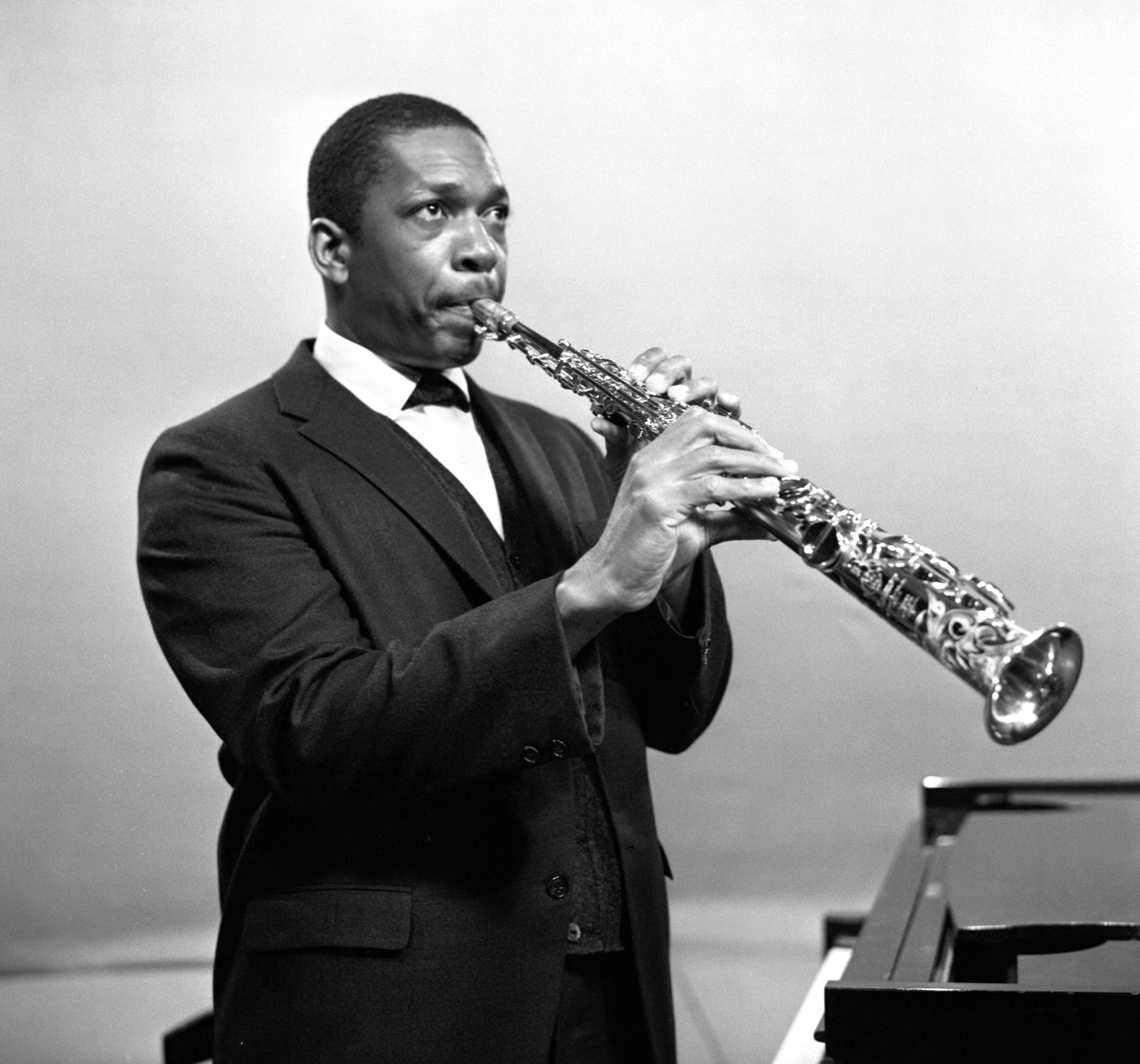
Saxophonist John Coltrane Created 'Alabama' as a Response to a Tragic Event Facts about the Matter
John Coltrane"Alabama"(1963) On Sept. 15, 1963, four young Black girls were killed by a bomb at a Baptist church in Birmingham, Ala. Two months later, saxophonist John Coltrane recorded "Alabama.

Alabama by John Coltrane Lesson YouTube
JAZZIZ Essentials is a series that explores the stories of songs, artists and events that gave rise to jazz. In this episode, we talk about John Coltrane's "Alabama." This Civil Rights Movement elegy was originally recorded in 1963. It was written by Coltrane in response to the 16th Street Baptist Church bombing, a tragic event

Alabama by John Coltrane on Amazon Music
John Coltrane; Alabama Lyrics; More Featured Meanings. Cajun Girl Little Feat. Overall about difficult moments of disappointment and vulnerability. Having hope and longing, while remaining optimistic for the future. Encourages the belief that with each new morning there is a chance for things to improve.
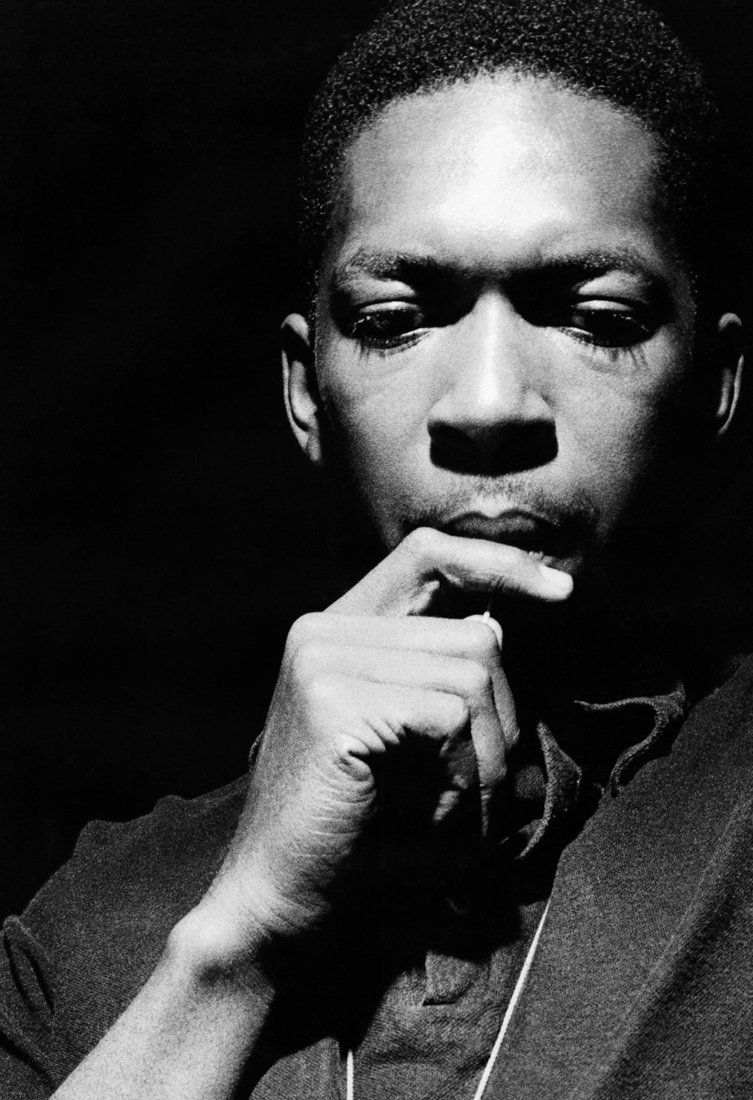
John Coltrane's Alabama Elegy
John Coltrane wrote the song 'Alabama' in response to this event and patterned his playing in the song after Martin Luther King's speech at the funeral for the four girls.
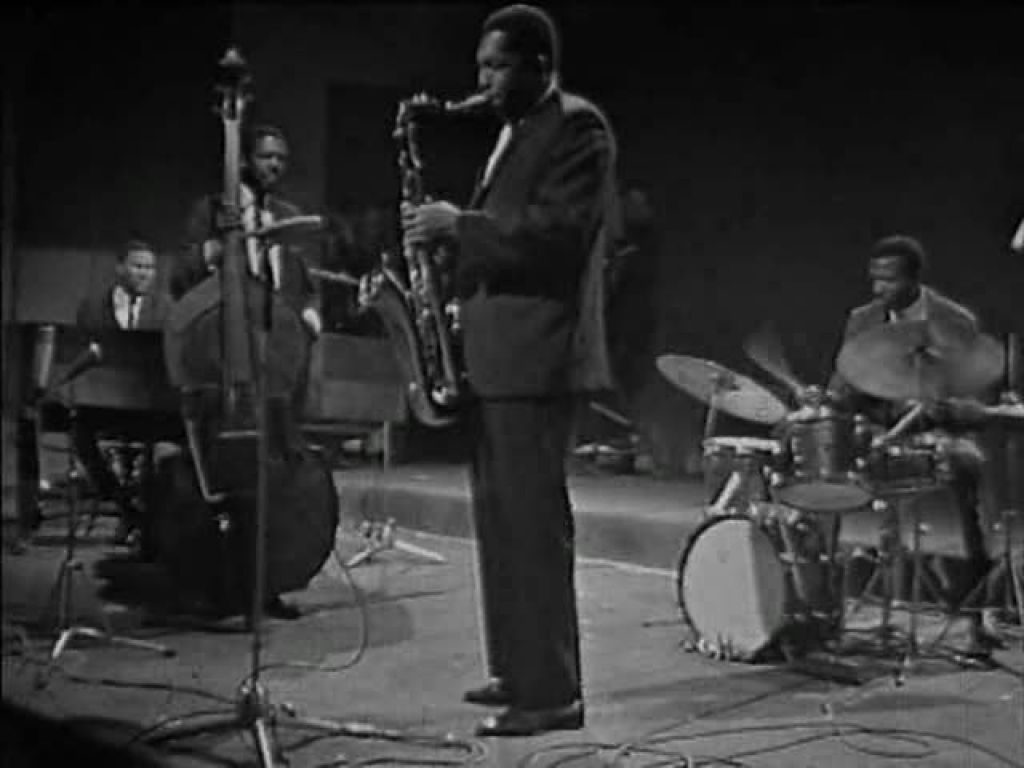
Discografia vital Crítica musical Alabama John Coltrane, en viu (1963)
Provided to YouTube by Universal Music Group Alabama · John Coltrane The Gentle Side Of John Coltrane ℗ 1963 UMG Recordings, Inc. Released on: 1975-01-01.

Pin on Photos of John Coltrane
John Coltrane's Civil Rights elegy "Alabama" first appeared on Live at Birdland (1964), though it was recorded in Van Gelder Studio, Englewood Cliffs, New Jersey on November 18, 1963 - three months after the dramatic events surrounding the 16th Street Baptist Church bombing of September 15, 1963. On this tragic date, four members of the Ku

Alabama song and lyrics by John Coltrane Spotify
John Coltrane, photographed in his backyard in Queens, New York in 1963. A Deep Dive into an immortal song, recorded 57 years ago. In this era when it has been necessary to affirm that Black Lives Matter, John Coltrane's powerful piece "Alabama" feels more relevant and urgent than ever.

Alabama, by John Coltrane
AlabamaJohn Coltrane (tenor sax)
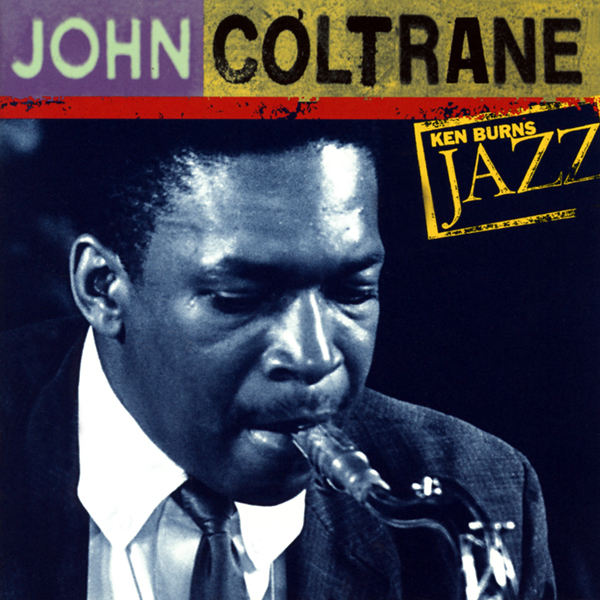
John Coltrane — Alabama — Listen, watch, download and discover music for free at Last.fm
John Coltrane's "Alabama" was released in 1963 on the album Live at Birdland. The song was written by John Coltrane and his band, which includes McCoy Tyner (piano), Jimmy Garrison (bass) and Elvin Jones (drums).

Nov. 18, 1963...John Coltrane records "Alabama" JAZZIZ Magazine
from "Live At Birdland" (1963), Impulse.John Coltrane - tenor saxophone ; McCoy Tyner - piano ; Jimmy Garrison - bass ;Elvin Jones - drums.Written by John Co.

Alabama, a song by John Coltrane on Spotify
The song Alabama was written by John Coltrane and was first recorded and released by John Coltrane in 1964. It was covered by Ronnie Earl & The Broadcasters, Kenny Garrett with Brian Blade, Pat Metheny, Rodney Whitaker, Bernie Worrell, Gerd Dudek / Ali Haurand / Rob van den Broeck and other artists.

JAZZIZ Essentials A Short History of John Coltrane's "Alabama" (VIDEO) JAZZIZ Magazine
It's an ominous chord, horror movie shit; hearing it you can't help but see still water suddenly disturbed by something moving beneath it, threatening to surface. Then the sound of John Coltrane's saxophone writhes on top: mournful, melismatic, menacing. Serpentine. It winds its way toward a theme but always stops just short, repeatedly.